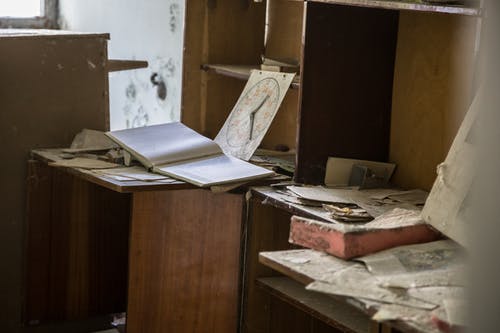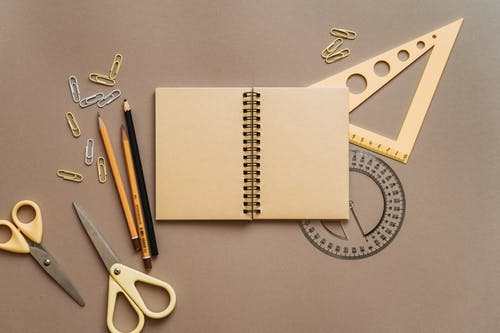


Cut Out To Be
I‘ve known since 8th grade what I would become. The career preference test I took then listed two occupations way above any other alternatives: accountant and professor. Plus one of my hobbies at that time was analyzing and charting stocks. It was clear to anybody that knew me that I was an analytical numbers guy, even then. I assumed that was what I was cut out to be.
Now, more than 65 years later, I am not so sure anymore.
With those 8th grade goals in mind, I proceeded on a straight-line path for at least a few decades. I went to school in the post-Sputnik years when science was a great career alternative. I liked chemistry right away. The introductory chemistry course seemed like a straightforward application of algebra, which was easy for me. Also, my favorite and much older cousin, who was a chemistry professor, inspired and mentored me.
I changed careers slightly after graduate school. First, I was an Assistant Professor of Biochemistry at University of Massachusetts at Amherst. Then I was a Systems Analyst in the computer area for a few years.
Then something unexpected happened. I decided to work in the financial area. I had a choice between being an investment analyst – analyzing the numbers for investment alternatives – or becoming a financial planner – working with individual clients to help them reach their goals. I chose the latter.
Somewhere along the way I had realized that I needed to be with and help other people. On those days when I had worked by myself the whole day, I became depressed by day’s end.
I have been basically self-employed for the last 35 years. It has been my choice what, when and where to do my work. I have gradually migrated from numbers to people.
In looking back, I am a little surprised about how my migration turned out. The transformation happened over many years.
I love what I do, especially when I have a positive impact on people’s lives. Although I am “semi- retired,” I have no intention of quitting anytime soon.
Have you become what you’re cut out to be?
Please let me know:
- Topics you would like me to write about.
- What I can do to help you.
Mark Fischer, Retirement Coach

My next vision
Some of my friends ask me why I don’t have more leisure and am working so hard in my retirement. Here’s the story.
I retired last December. For 34 years I was a financial planner, advising my clients on their investments and their lives. When we discussed their non-investment challenges, our conversations focused on family, health and work issues. In fact, my book Serious About Retiring, includes those topics.
After I retired, I decided to learn more about the non-financial challenges of retirement. I read books on the subject, attended webinars, took courses, and talked with others. I have learned that many retirees are not fully engaged. They don’t have activities that provide a sense of purpose in their lives.
As I continued my research on this topic, I became more and more excited. Helping pre-retirees and new retirees has become a major focus of my own retirement life. It is my next vision.
My research has culminated in my developing a new course. The course will encourage my students to connect with their values, find their purpose, and move towards a Next Stage with engagement and fulfillment. I can’t wait to try out my ideas. But that will be another story.
Have you found absorbing activities during the pandemic?
